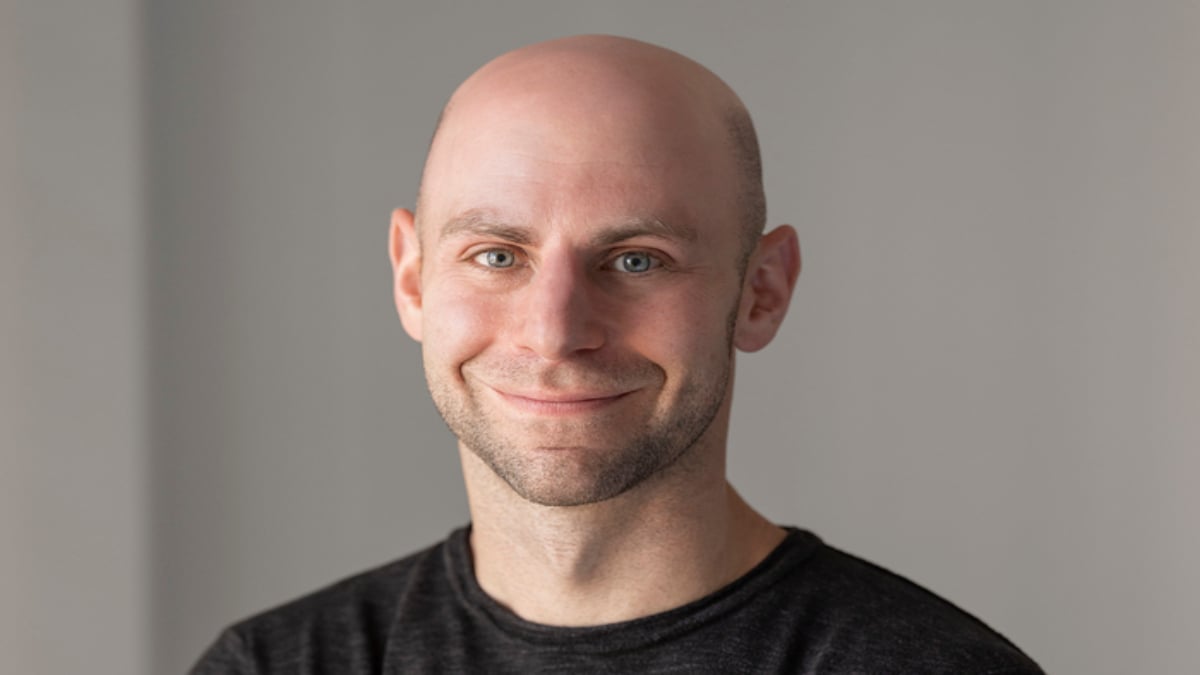Readers adore Adam Grant‘s books because he treats them as intellectual equals, inviting them to a banquet of ideas where everyone gets a seat at the table. As a renowned psychologist and author, Grant has significantly contributed to organizational psychology with his fresh insights and evidence-based approaches.
His humor and perspectives are both razor-sharp, so reading his works is never a bore. He doesn’t merely spoon-feed information; instead, he piques interest, making readers his eager allies in challenging conventional wisdom. This list of five of his books is in no particular order, but each contains clever quips and actionable wisdom that keeps readers coming back for more.
Give and Take: Why Helping Others Drives Our Success (2013)
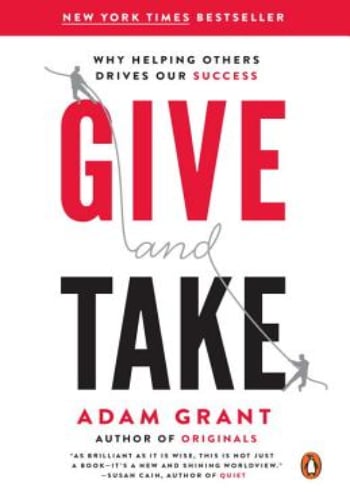
Adam Grant’s Give and Take: Why Helping Others Drives Our Success is a book that turns the dog-eat-dog world of success literature on its well-groomed head. Grant, acting as both scholar and literary chef, mixes a pinch of psychology with a generous dollop of social science to challenge the notion that the only way to climb the corporate ladder is by stepping on fingers.
With the deftness of a master storyteller, he introduces us to the “givers,” those rare birds in the corporate aviary who actually prefer to prop others up the rungs rather than hoarding all the glory. Grant’s narrative acknowledges the cutthroat reality of the business world while also providing a compelling case for the strategic benefits of altruism. He doesn’t just urge us to play nice; he shows us that this kindness can be the sling in our professional David-versus-Goliath battles.
Originals: How Non-Conformists Move the World (2016)
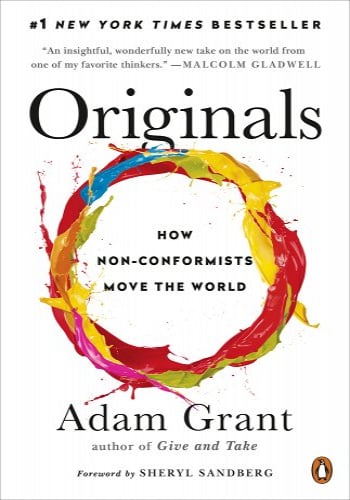
In Originals: How Non-Conformists Move the World, Adam Grant takes us on a scholarly tour through the wildflower fields of nonconformity, where the bees buzz with unconventional ideas. With the grace of an academic acrobat, he flips over the staid assumptions of creativity and lands squarely on the notion that the movers and shakers of the world are those who doodle in the margins rather than color within the lines.
This book is not a mere tribute to the eccentric and the maverick; instead, it’s a well-footnoted guide to thinking differently. Grant plays the role of a myth-buster with aplomb, taking a sledgehammer to the old statue that innovation is the sole province of born geniuses and serendipitous eureka moments. Instead, he presents a narrative that’s more “workshop” than “lightbulb,” where sweat is just as important as inspiration. Originals doesn’t just celebrate the road less traveled, but also offers a roadmap for those brave enough to take it.
Think Again: The Power of Knowing What You Don’t Know (2021)
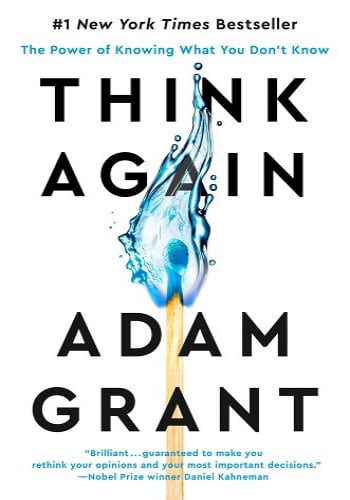
Adam Grant goes on a mental safari in Think Again: The Power of Knowing What You Don’t Know, searching for the elusive beast of intellectual humility. Grant guides us through the thorny wilderness of our own convictions, challenging us to reevaluate the ease with which we’ve arranged the furnishings in our heads.
What readers find most endearing is that Grant doesn’t preach from an ivory tower of infallibility; instead, he’s the genial host mixing with the guests, questioning his own beliefs as freely as he questions others’. The book is a testament to the power of thinking like a scientist, where one’s most cherished theories are always one experiment away from a revolution.
Option B: Facing Adversity, Building Resilience, and Finding Meaning (2016)
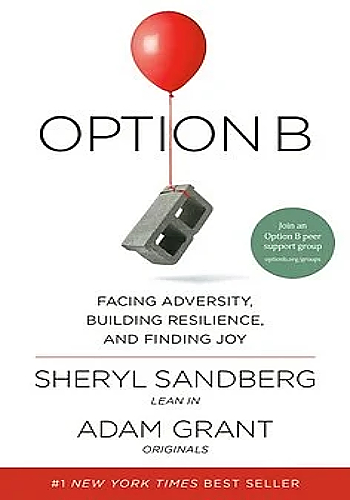
Option B: Facing Adversity, Building Resilience, and Finding Joy, co-authored by Adam Grant and Sheryl Sandberg, serves as a literary life raft in the choppy seas of misfortune. This book navigates the rough waters of grieving with an honesty that is as refreshing as it is uplifting, using Sandberg’s personal journey through loss as the compass and Grant’s psychological expertise as the sails.
The book recognizes the dragons of despair while arming readers with swords of resilience, making it less of a manual on “getting over” tragedy and more of a blueprint to “getting through” it. Moreover, the subtle humor serves not to trivialize pain but to make it more bearable, to whisper that in the arena of adversity, sometimes the chorus can afford a chuckle.
Hidden Potential: The Science of Achieving Greater Things (2023)
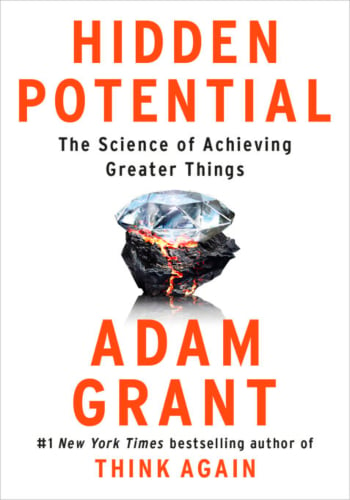
Hidden Potential: The Science of Achieving Greater Things is a book that will make you rethink everything you know about success. It’s not about being born with the right genes or having a privileged upbringing. It’s about developing the character skills and motivational structures to help you reach your full potential.
In his usual witty and engaging style, Grant shares groundbreaking evidence and surprising insights from business, sports, education, and beyond. He shows us that anyone can achieve great things, regardless of their starting point. One of the key takeaways from the book is that growth is not about innate genius. It’s about grit, perseverance, and a willingness to learn. Grant introduces us to “deliberate practice,” which involves setting specific goals, getting feedback, and pushing ourselves outside our comfort zones.

